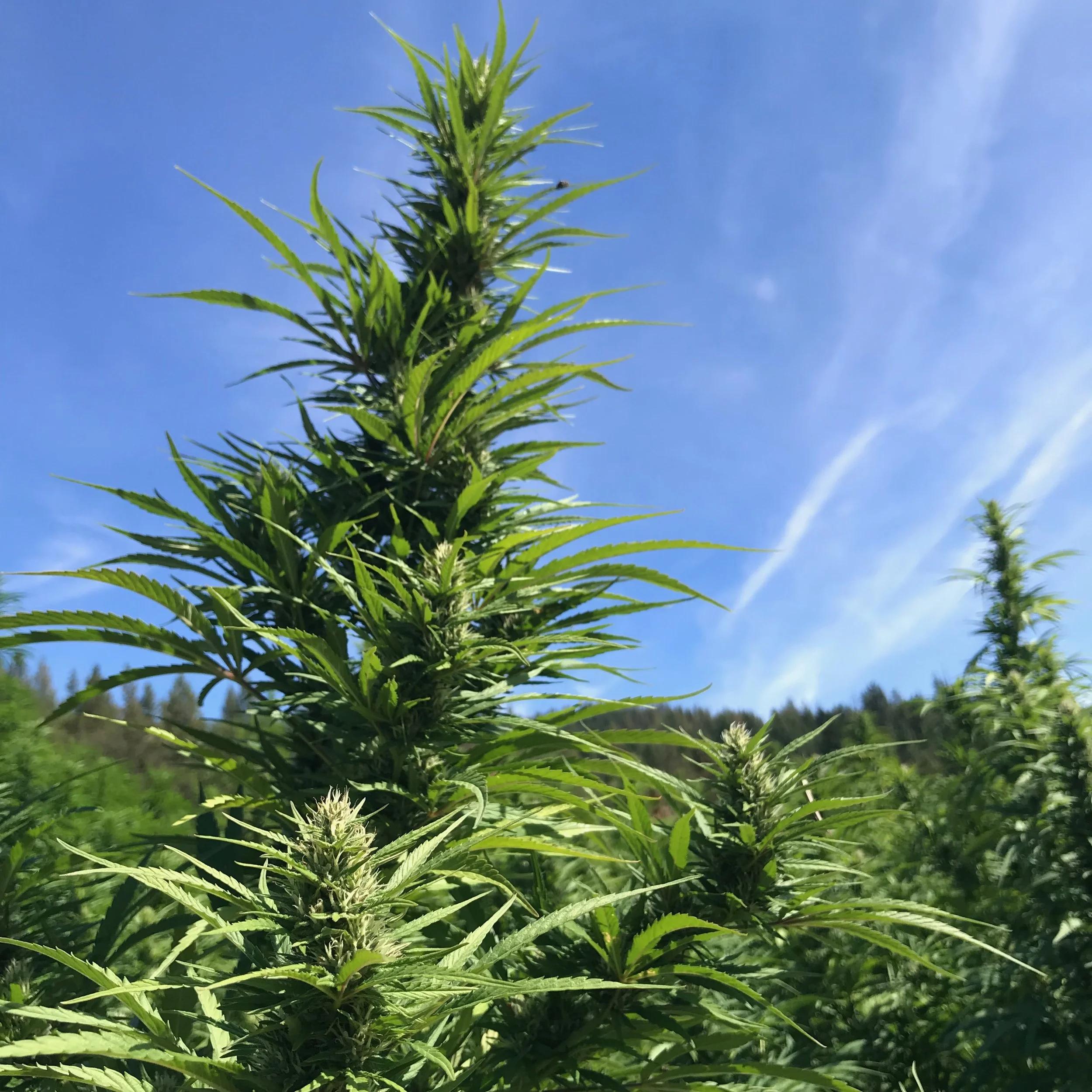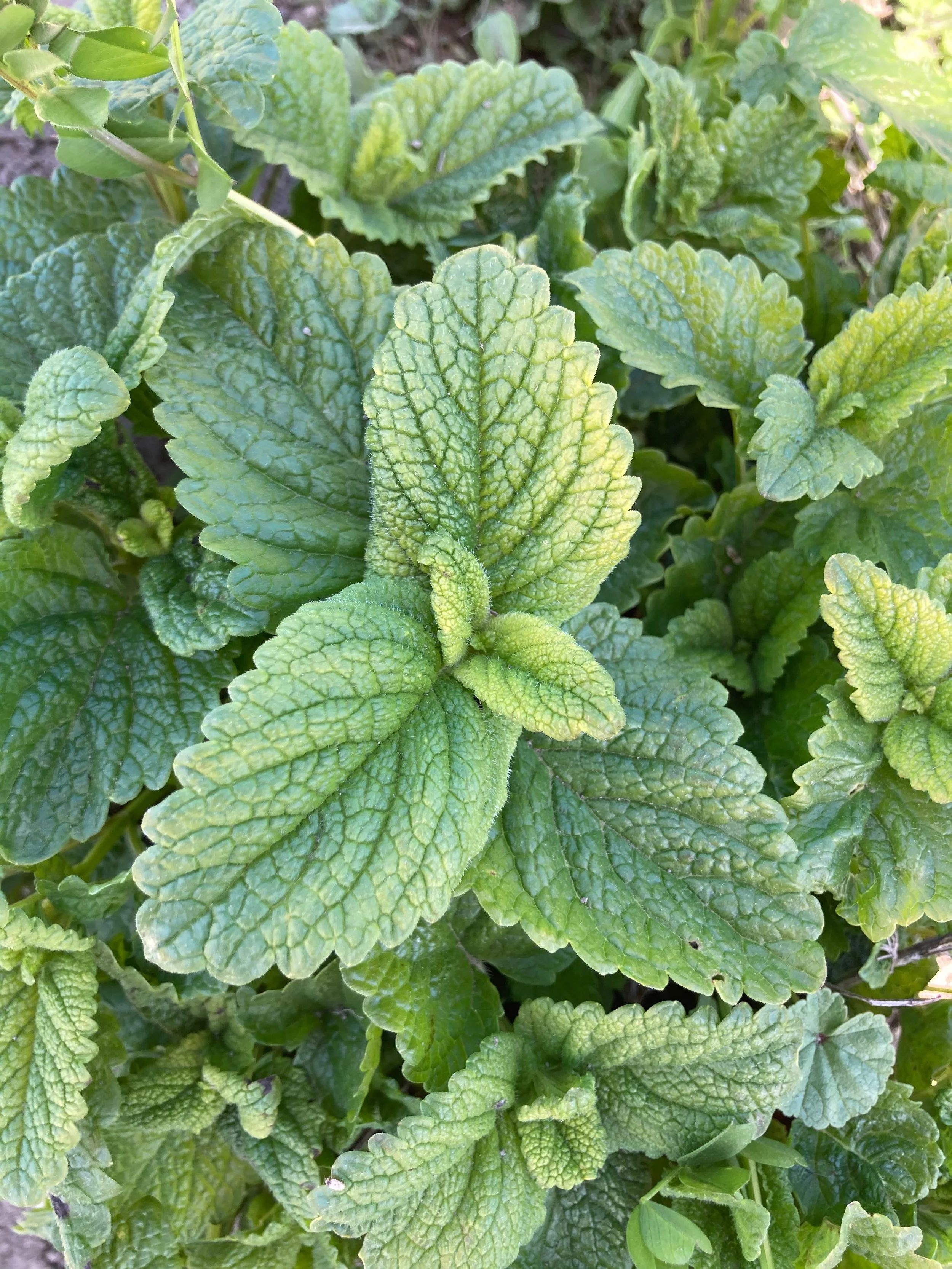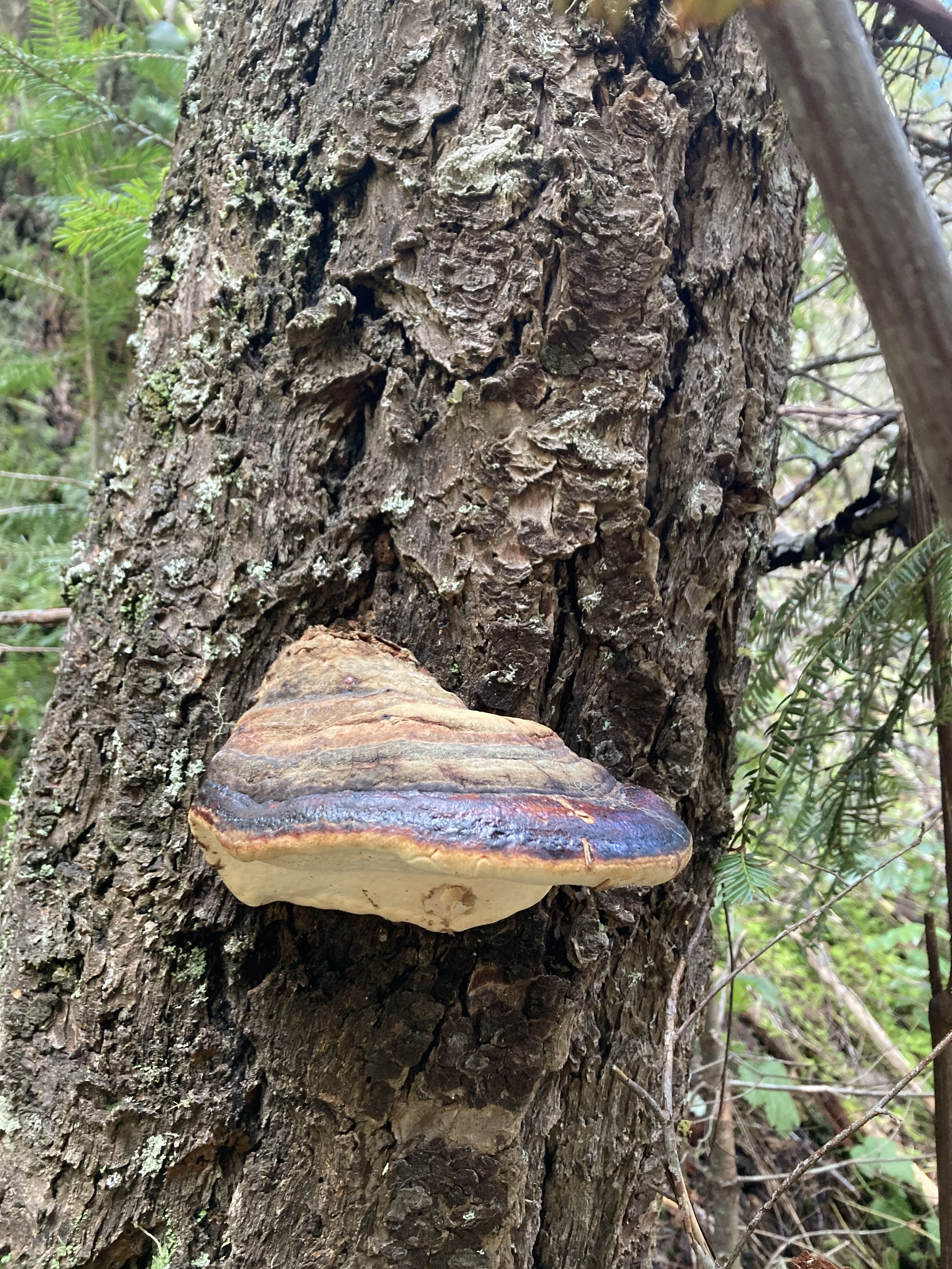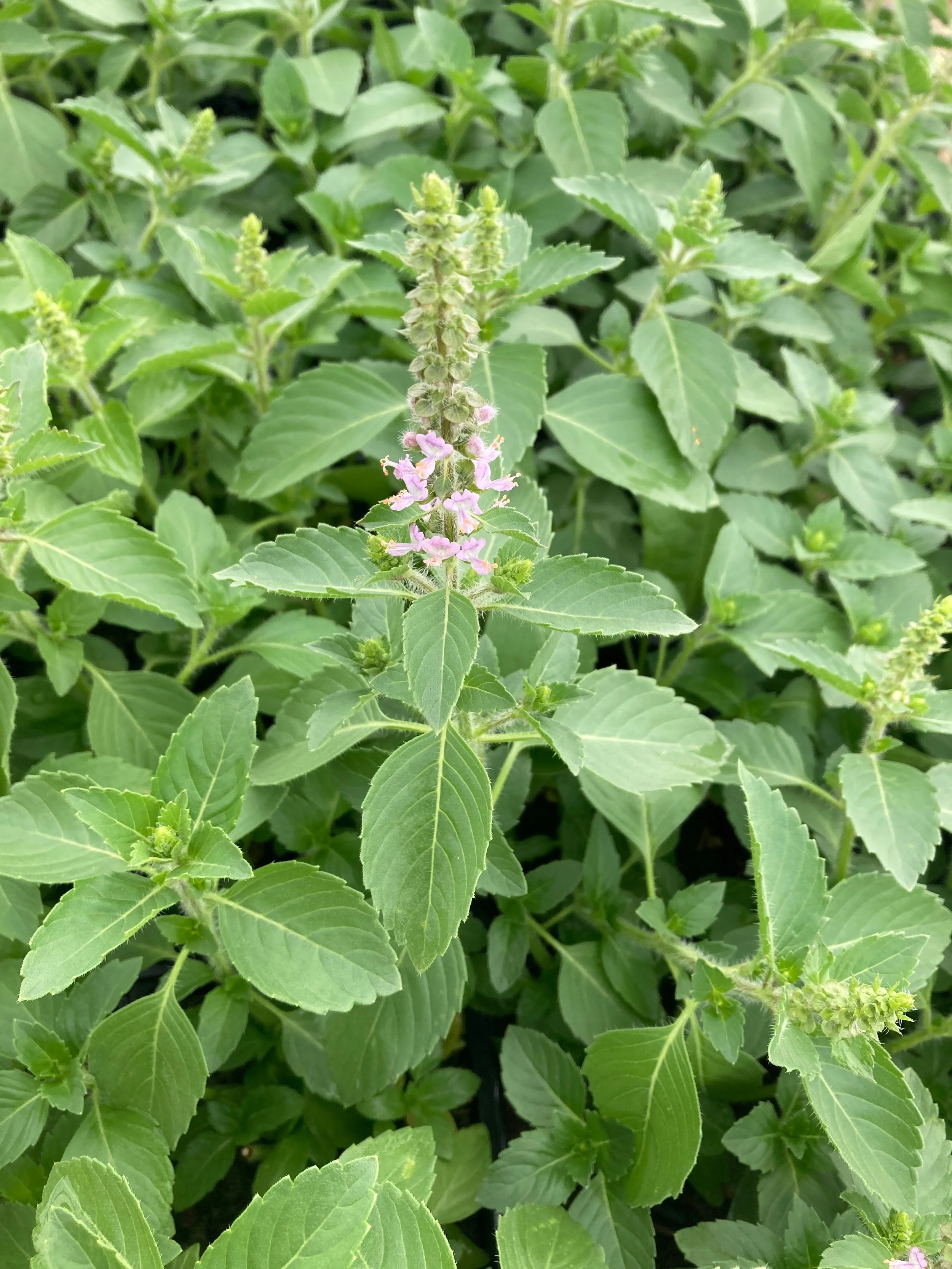Herbal Support for Neuropathy
Sore feet and yarrow
Ongoing tingling, numbness, and nerve pain in hands and feet can be a hard thing to live with, and conventional medicine doesn’t have much to offer for them besides pharmaceutical medications that provide temporary relief and weird side effects. A much more enduring path to relief from nerve pain is—like most things—the one that brings you to the produce and bulk isles, supplements (especially B Vitamins and Omegas), exercise, sleep, mindfulness, integrative healing work, and… of course… herbs!
But before I get into the specific herbs…. no matter what the underlying cause of your neuropathy is, moving towards an anti-inflammatory lifestyle is one of the best things you can do for yourself. This means increasing lots of good stuff—like an attentiveness to awe and wonder, play, time with beloveds, rest, fresh vegetables, and anti-inflammatory teas, spices, salves, and tinctures. It also means decreasing stuff that may be pleasurable in the moment but painful in the long run—like refined sugar, alcohol, tobacco, gluten, red meat, and repressed emotions.
Because neuropathy can emerge from a variety of things—including diabetes, injury, chemo, and autoimmune disorders—some herbs may work better for your concerns than others. Understanding the root cause of your neuropathy may help you find the herbs that are the best match for your condition. Keep reading to learn more about some of the herbs we regularly recommend for neuropathy.
CBD Hemp
CBD Hemp
CBD hemp is our most potent pain modulator, is a full-system anti-inflammatory, and has an affinity for the nervous system, so it has the potential to both relieve uncomfortable symptoms and address the underlying inflammation or nerve damage contributing to neuropathy. Massaging some CBD salve into your affected areas may also help promote circulation and decrease pain and inflammation.
Cottonwood Bud
Cottonwood Bud
Cottonwood bud also offers pain-modulating and anti-inflammatory gifts to your system. Rich in salicylic acid, the same ingredient found in aspirin, it may help with neuropathic discomforts, especially those related to arthritis. You can take it as a tincture and/or massage Cottonwood Bud Oil directly onto affected areas. You can also find Cottonwood Bud Oil in our Twist and Shout Salve, a balm made with a blend of herbs traditionally used to relieve pain and repair damaged nerves.
Lemon Balm
Lemon Balm
Any time I think about support for the nervous system, I think of Lemon Balm! It is deeply nourishing to the nerves and can be felt in the way it both calms and uplifts. While it may not provide quick, obvious pain relief in the same way that more analgesic herbs can, I recommend taking it regularly as a tea or tincture to nourish your nervous system, calm your heart, and ease your digestion, all of which support a range of underlying conditions. As a cooling herb, it is particularly recommended for folks who run hot—physically or emotionally.
Pedicularis
Pedicularis
You may know by now that we are huge fans of Pedicularis densiflora, aka “Warrior’s Plume”! We recommend this herb for neuropathy because it is a muscle relaxant and gentle nerve tonic, so it may help with nerve pain, especially when it presents with muscular tension. Pedicularis can also help ease the deeply held emotional and psychological tensions that come with, and often lie at the core of, chronic discomfort.
Red-Belted Conk
Red-Belted Conk
Red Belted Conk is a shelf mushroom, aka “polypore”, that grows on the deadwood of conifers. We find ours on Douglas fir trees in mossy, ferny forest pockets near our home, and it has a multitude of properties that may be supportive in addressing the underlying causes of neuropathy. It has traditionally been used as an anti-inflammatory, immune system modulator, and to prevent the growth of tumors. It has also been used to address auto-immune disorders and the impacts of chemo, as well as to regulate blood sugar and insulin levels. So our double-extraction tincture of this mushroom may be particularly supportive for anyone whose neuropathy is related to auto-immune disorders, inflammation, chemo, or diabetes.
St. John’s Wort
St. John’s Wort
This beloved yellow flower is best known as “liquid sunshine,” but also goes by the name “nerve reparative.” It has traditionally been used to support the healing of damaged nerves, and has a particular affinity for the sciatic nerve. Taken internally as a tincture, it may address neuropathy and inflammation throughout the body. When used topically in a salve or oil it can work directly on the affected area. We recommend it for neuropathy of all kinds, and may be particularly supportive for nerve damage caused by injury or other conditions. It can be found in our shop as a tincture and in our Twist and Shout Salve.
Tulsi
Tulsi
Tulsi is so generous with its gifts, and many of them may offer support for both the root cause and symptoms of neuropathic discomforts. As an adaptogenic herb, Tulsi helps the body deal with daily stressors in all systems of the body. It has been used to modulate pain, particularly arthritic pain. Tulsi promotes circulation, which may help with neuropathic systems related to poor circulation. It is also anti-inflammatory and has a long history of use to support the mood and mental clarity. Tulsi also has blood-sugar modulating effects and a particular affinity for the pancreas, so it has the potential to address diabetes-related neuropathy from the root. It can be taken as a delicious tea or tincture. We have it as a single-herb extraction in our apothecary, as well as in our Root of Wellness Blend.
References
Cleveland Clinic. Peripheral Neuropathy. https://my.clevelandclinic.org/health/diseases/14737-peripheral-neuropathy
de la Foret, Rosalee. 2024. Creative Ways to Work with Tulsi for Burnout. Podcast. https://www.herbalremediesadvice.org/podcast134.html
Justis, Angela. 2017. St. John’s Wort: Not Just for Depression. https://theherbalacademy.com/blog/st-johns-wort-not-just-depression/
Kloos, Scott. 2017. Pacific Northwest Medicinal Plants. Timber Press: Portland, Oregon.
Mederi Center. The Mederi Blog. Holy Basil: An Herb with Incomparable Benefits. https://medericenter.org/the-mederi-blog/holy-basil-an-herb-with-incomparable-benefits.html
Popham, Sajah. 2018. Holy Basil: The Sacred Herb of Ayurveda. https://www.evolutionaryherbalism.com/2023/07/18/holy-basil/
Ultimate Mushroom. Fomitopsis pinicola. https://ultimate-mushroom.com/edible/62-fomitopsis-pinicola.html
Disclaimer
For educational purposes only. This information has not been evaluated by the Food and Drug Administration. This information is not intended to diagnose, treat, cure, or prevent any disease.








